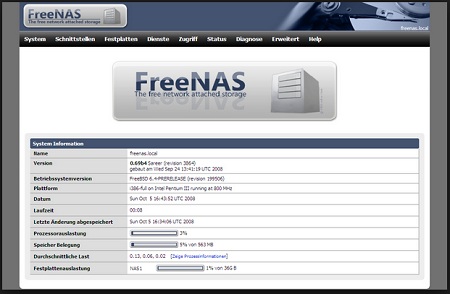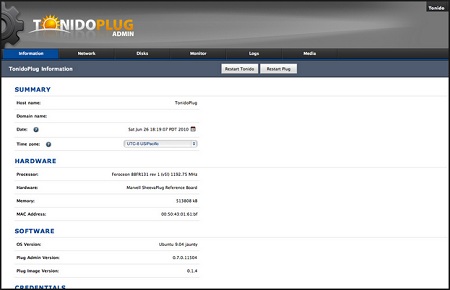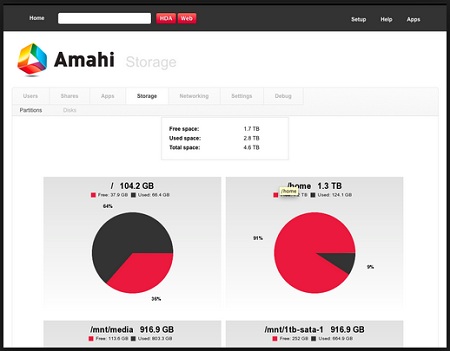 Did you like Windows Home Server, but want to stay up to date? Here are some recent alternatives that you can try to manage your NAS, automate your file backups, manage a network print server and get remote access
Did you like Windows Home Server, but want to stay up to date? Here are some recent alternatives that you can try to manage your NAS, automate your file backups, manage a network print server and get remote access
Anyone who has a large family or a small business is likely familiar with Windows Home Server. This piece of software allows files to be shared, stored and transferred between up to 10 computers with relative ease. However, like many stock programs, it has its limitations. Fortunately, there are plenty of alternate solutions available that are much more affordable—and often much easier to use—than WHS.
1) FreeNAS

FreeNAS will not replace the entire Windows Home Server application, but it can provide free access to NAS functionality. Primarily, this allows a family or small business a central hub for storing shared files and programs rather than a series of folders that must be labeled as ‘shared’. It also allows media to be streamed to computers on the network via Apple, Microsoft Xbox or even UPnP technology. It is very important to note that although this program is free, it is not a simple plug-and-play application. It was designed with more advanced users in mind. Any PC can act as the server as long as basic components are connected, and these components can be removed once FreeNAS is running.
2) TonidoPlug

TonidoPlug is not so much a bit of software as it is a mini-computer that can be added to a home computer. It serves as both a home server and a NAS device, and it is only the size of a battery charger. The product only costs $99 retail and it was designed for users of average skill levels. Simply put, those who can operate Windows Home Server should have no trouble with TonidoPlug. Rather than a single program, it provides users with a series of apps that can be used independently or together. This provides users with the ability to install and use only what they need. Not only does it work with Windows-based computers, but it will also keep up if users decide to switch to open-source options like Linux.
3) Amahi Home Server

Amahi is another great open-source alternative to Windows Home Server that provides plenty of functionality resembling that offered by WHS itself. It provides NAS functionality, media streaming capabilities, disk pooling and even backup solutions. It is a great choice for those just learning to operate home server programs as the menus are user-friendly and easy to navigate. However, the downside to using Amahi is that it must be installed on top of the open-source Fedora OS from Linux. Once Fedora has been installed, users can install Amahi, set up users and shared items, and even check out a wide range of applications that are available as add-ons to the software.
While WHS is a great way for users to become familiar with the ideas of home and business servers for sharing files, media and more, those who note that something is lacking are often frustrated by its limitations. Thankfully, the three options listed above are either free or completely affordable and provide not only everything that WHS can offer, but an entire range of other capabilities that make home or business networking a breeze.

